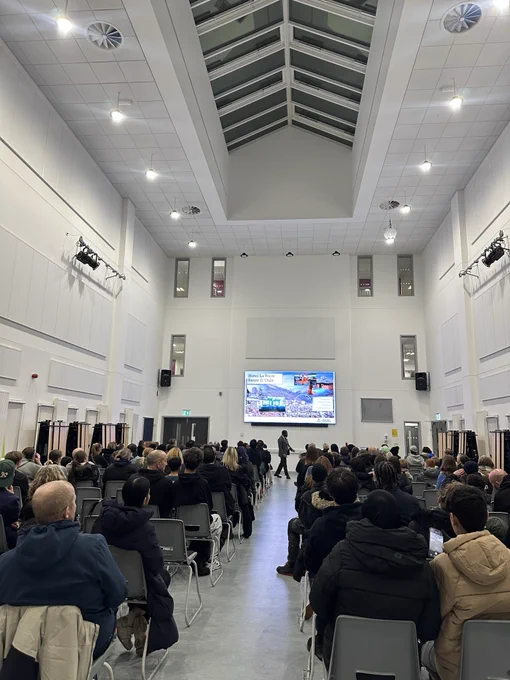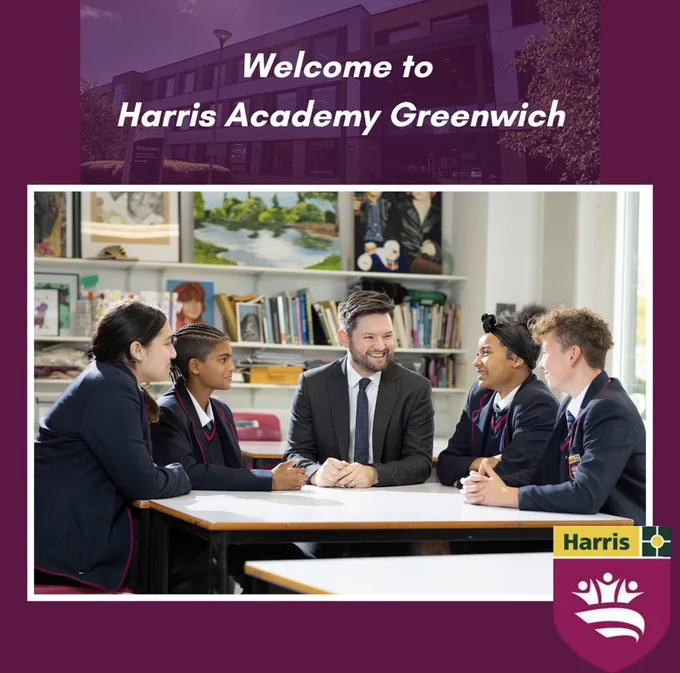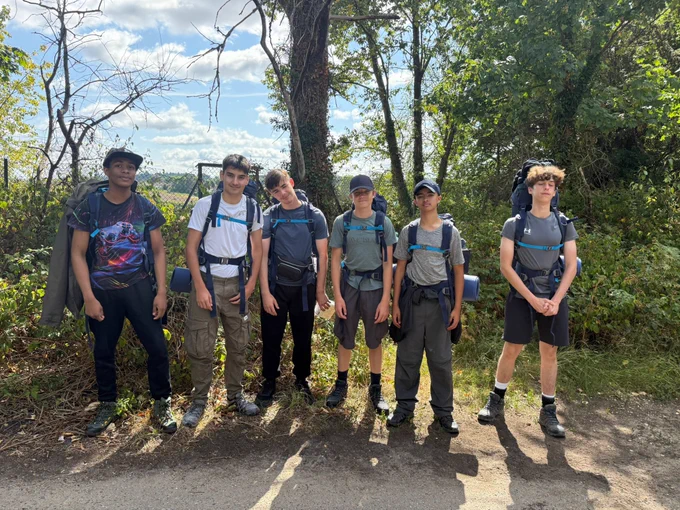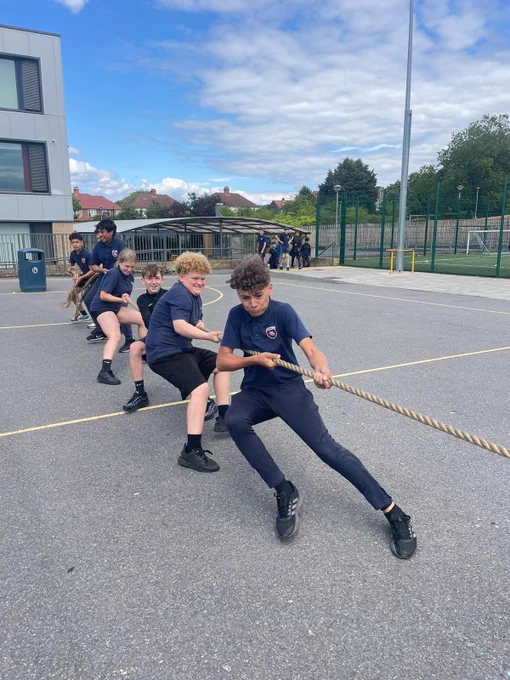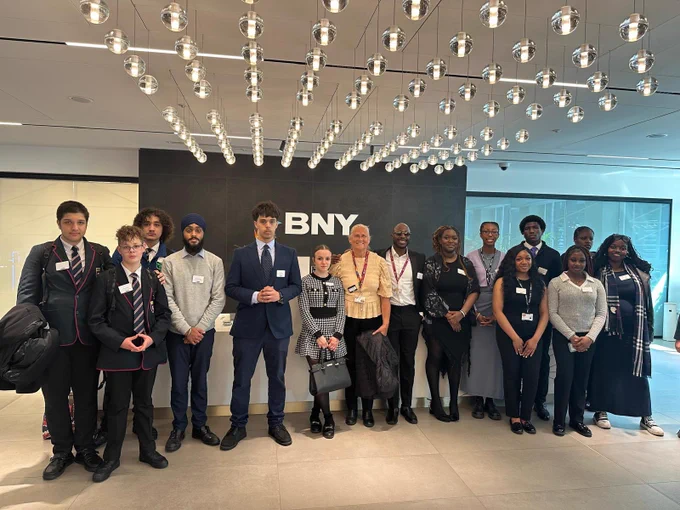Media Studies
Media Curriculum Narrative
Media Studies is designed to widen the intellectual horizons of the learner through the analysis of a wide range of media forms and contexts.
Media studies enables learners to develop a wider understanding and appreciation of the media in both a historical and contemporary context. In addition, it fosters the development of analysis, critical and reflective thinking to encourage engagement in the critical debates surrounding contemporary media. Learners also develop their skills in evaluation and comparison whilst examining the interplay between the media framework of Media language, how media texts are constructed; representation, why are they being represented in this way; industry, how does the industry function; audience, who is the media aimed at and what affect were they intending to achieve? All whilst considering academic theories such as Baudrillard’s post-modernism and Gilroy’s post-colonialism theory and different contextual factors.
Some other interesting and powerful topics students explore are audience theories, identity theories and the exploration of music videos, advertising and the magazine industries; and a deep exploration of the ever changing and influential news industry, including their use of social media whilst incorporating an investigation into the importance of the social, cultural, political, historical and economical contextual factors.
By the end of the course students will be prepared for the world of work and further study through the development and fostering of the following skills and attributes:
-
Critical analysis and thinking skills,
-
Independent study skills,
-
Deeper analysis and evaluation skills,
-
Links between the media framework and the effect of media on the world,
-
Academic theories such as post modernism,
-
Understanding the link between ideas,
-
Determining the importance and relevance of arguments and ideas,
-
Recognising, building and appraising arguments,
-
Identifying inconsistencies and errors in reasoning,
-
approaching problems in a consistent and systematic way
-
Reflecting on the justification of their own assumptions, beliefs and values.
Students begin media studies in Year 10 where they develop an appreciation for the media framework of media language, representation, audience, and Industry, with a focus on a few theories and the social and historical contexts of Britain in modern times and the 1960’s. Students start the year learning how to read media, with lots of support and guidance, by learning and practising to identify and analyse representations, ideologies, beliefs and messages through the first topic of music videos. This skill is then systematically applied and consolidated across all topics studied throughout the year. Simultaneously, students learn through guidance and structured modelling, the media language specific to all forms of media, such as: moving image, print and online news, magazines and TV. They are then supported further to consider the essential relationship between the audience and media producers, along with the knowledge and understanding of how media institutions categorise and target audiences. Learners also begin to develop the skill of comparison when exploring the media forms of magazines and music videos. All of this culminates in Year 10 students ending the year being competent to write at length about the various media topics they have encountered. Finally, learners finish the year by applying their knowledge of the whole framework to the execution of a coursework brief that gives them the opportunity to be creative through the production of a media product. The coursework module allows students to hone their skills in research, decision making, problem solving, reflection, market research and design and production.
The opening term of Year 11 begins with students completing their coursework and moving swiftly onto topics such as the film industry, modern TV and then radio. Year 11 is where learners master and perfect the skills of analysis and comparison with a focus on perfecting writing skills such as: writing thesis statements, constructing clear paragraphs with topic sentences and effective use of discourse markers; controlled transitions between paragraphs to control argument; the inclusion of fluently embedded textual examples and clear justifications and conclusions. As students move through the year they will continue to be supported through modelling and the deconstruction of exam questions, steadily gaining confidence to execute these skills on their own with success and confidence ready for their final exams.
Students who continue the study of Media from GCSE to A Level will embark on this level of study having gained skills in the development of critical thinking, analysis and comparison. They will be competent in exploring media through theoretical and contextual lenses whilst being able to make connections through the media framework. The requirement at A Level is for learners to deepen these skills by considering multiple contexts, to be able to demonstrate knowledge and an understanding of the changing interplay between media frameworks, whilst mastering the skills of evaluation, critical analysis, comparison and sophisticated debate and lastly to understand the effect of media on the world. At A Level, students often draw from skills and knowledge from other subjects studied at GCSE such as: English, History and Business studies. Which makes A Level Media studies a viable subject option for those students who did not study it at GCSE.
Year 12 students start the year reviewing and developing their skills in analysis, explanation and evaluation. This critical analysis is supported through modelling and the constant deconstruction of exam questions and guided writing practice. Year 12 students will also learn and evaluate the usefulness of the nineteen academic theorists that frame their critical understanding of the set texts through debate and reasoning. Whilst exploring the social, economic, cultural, historical and political contextual factors that are very much important when considering the colossal impact and influence that the media has on shaping the world in which we reside. They will end the year completing the research and initial production of their coursework brief, which will see them design from scratch a multimedia brand and product.
Year 13 students start the year completing their coursework during the first term. They spend the rest of the year gaining knowledge and understanding of topics such as: Long Form TV Drama, the film, gaming and radio industries. During year 13, emphasis is placed on honing the skills learnt in year 12, with the additional skill of comparison. Focus is placed on developing independence and competency in writing as support and modelling is slowly removed in preparation for the exams.


